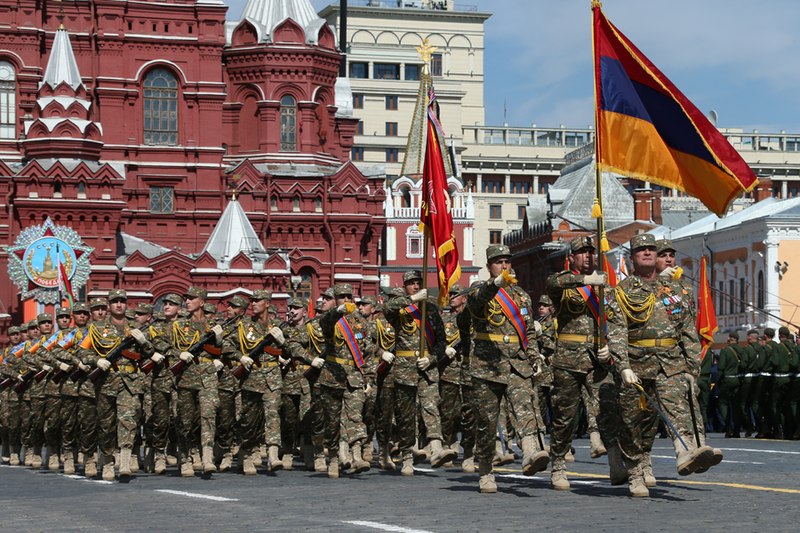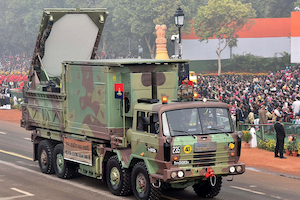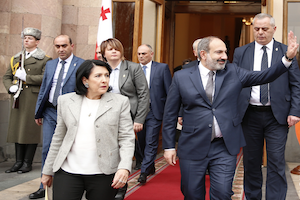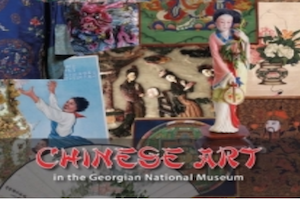Russia and Turkey: Behind the Armenia-Azerbaijan Clashes?
By Avinoam Idan
August 31, 2020, the CACI Analyst
The violent gunfire that erupted between Armenia and Azerbaijan in July appears to have no connection with the ongoing conflict over the Nagorno-Karabakh region. This event took place far from Nagorno-Karabakh, in the Tovuz region. The strategic importance of the Tovuz region is its location on the energy export pipelines route from the Caspian Sea to Turkey and Western markets. It would seem that the players involved here are none other than Russia and Turkey, in active conflict vis-a-vis the war in Libya. The gunfire can be interpreted as a Russian message to Turkey, regarding its energy supply security from the Caspian Sea. If so, this is not the first time Russia has used Armenia to further its interests in the region.

India Wins Defense Deal with Armenia
By Fuad Shahbazov
June 1, 2020, the CACI Analyst
On March 1, 2020, India outperformed Russia and Poland in a US$ 40 million defense deal with Armenia to supply it with four domestically made SWATHI counter-battery radars. The system is developed by India’s Defence Research and Development Organization (DRDO) and manufactured by Bharat Electronics Limited (BEL). It provides accurate information on enemy artillery firing positions weapons up to 75 kilometers away. The decision came amid India’s growing efforts to boost its national “Make in India” brand in the defense industry sector, which could make new inroads into European, Middle Eastern and Asian defense markets. However, the new Indian – Armenian defense deal could undermine Delhi’s relations with Russia on the one hand, and Azerbaijan, Turkey and Pakistan on the other.

Armenia Seeks Re-Energized Ties with Georgia
By Natalia Konarzewska
April 15, 2020, the CACI Analyst
Armenia’s Prime Minister Nikol Pashinyan visited Georgia on March 3-4 to discuss bilateral relations and held several high-profile meetings with top politicians including his Georgian counterpart Giorgi Gakharia and president Salome Zurabishvili. This is Pashinyan’s third visit to Georgia since he assumed office in 2018, following a peaceful power shift ousting the previous unpopular regime. His government has made a broader effort to reinvigorate ties with Georgia. Despite fundamentally different geopolitical outlooks and various challenges, Tbilisi and Yerevan have maintained good neighborly relations based on political pragmatism. Yet their partnership still has room for improvement.

New Hope for a Breakthrough in the Nagorno-Karabakh Deadlock?
By Vasif Huseynov
April 6, 2020, the CACI Analyst
On 28-30 January, in Geneva, Switzerland, the foreign ministers of Armenia and Azerbaijan held an OSCE-mediated meeting on the Nagorno-Karabakh conflict. The meeting lasted for eleven hours and raised hope, though rather limited, for a breakthrough. Particularly positive developments include a decline in the number of causalities on the line of contact and that the meeting’s final statement for the first time emphasized the confidentiality of the negotiations. However, while these facts may induce some optimism, most other developments in the relations between Baku and Yerevan over the last year indicate that the sides remain far from a breakthrough.

China's Soft Power in the South Caucasus
By Nurlan Aliyev
March 2, 2020, the CACI Analyst
In December 26, 2019 , the Georgian National Museum presented a new exhibition titled “Chinese Art in the Georgian National Museum,” dedicated to the 70th anniversary of the People’s Republic of China, and a book on the theme by Georgian authors. Within this project, supported by the Embassy of the People’s Republic of China in Georgia, several exhibitions of works by Chinese painters take place in Tbilisi between December 2019 and February 2020. In recent years China’s growing economic presence in the South Caucasus has been accompanied by developments in cultural and educational relations between China and the regional states.






 Book S. Frederick Starr and Svante E. Cornell,
Book S. Frederick Starr and Svante E. Cornell,